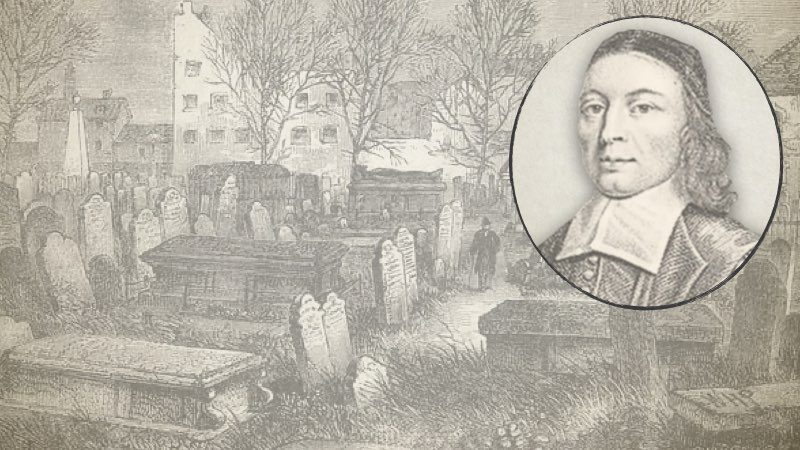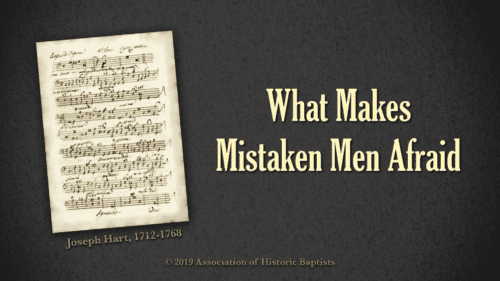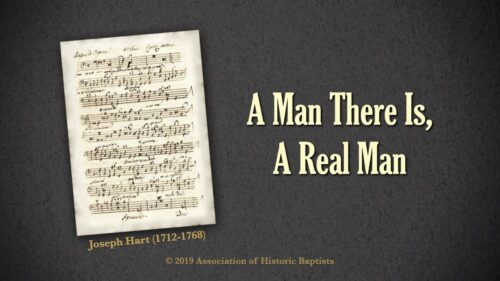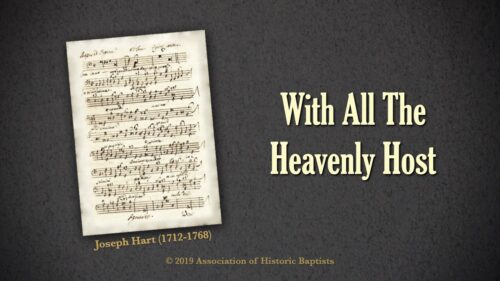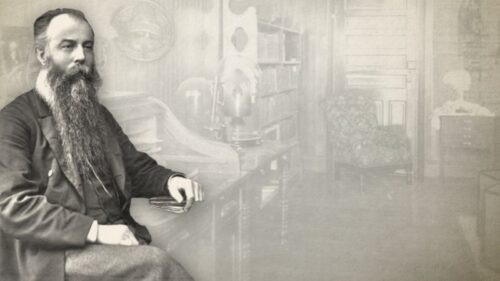-
The Life And Death Of Joseph Hart
This worthy minister was born in London in the year 1712. He w'rites concerning himself, “As I had the happiness of being born of believing parents, I imbibed the sound doctrines of the gospel from my infancy; nor was I without touches of heart, checks of conscience, and meltings of affection, by the secret strivings of God’s Spirit with me while very young: but, the impressions were not deep, nor the influences lasting, being frequently defaced and quenched by the vanities and vices of childhood and youth. About the twenty-first year of my age, I began to be under great anxiety concerning my soul. The spirit of bondage distressed me sore; though I endeavoured to commend myself to God’s favour by amendment of life, virtuous…
-
The Duty Of A Gospel Preacher
On December 13, 1875, St. John’s Green Chapel, Colchester, held special services for the induction of their new pastor, Mr. Brown. Several local pastors formed the ordination council, among which was Mr. John Bunyan McCure. He was appointed to bring the “charge” to Mr. Brown, in preparation for his pastoral duties at the chapel. “I speak a word of exhortation for your patience. Here are we with Mr. Brown just recognized; and it is now my duty to deliver the charge with only a few minutes to do so. In days gone by there was plenty of time allowed for this, but we are living in days when we have to do everything in a hurry; coming to my subject—Mr dear Brother, I speak to…
-
The Life And Ministry Of John Bunyan McCure
We are requested to give the following review and notice of the 35th anniversary of Mr. J. B. McCure’s ministry:— Of those who have labored in the gospel, few have had such a lengthened and uninterrupted course as our pastor; few have been made more useful, not only in holding forth the Word of Life, but in erecting places of worship where Christ is preached. Before Mr. McCure left this country for the colonies (a quarter of a century ago), he had some experience in enlarging the houses of God. After he was settled at Geelong, he was the means of erecting a substantial place for the worship of the Lord God of Israel, and left the place a patrimony to the people and their…
-
The Life And Testimony Of John Bunyan McCure
By a most gracious Providence I was directed to Woodbridge Chapel, Clerkenwell, where I heard that good and honoured man, Mr. Richard Luckin. This minister, under the blessing of God, was the means of bringing my soul into Gospel liberty. For three months it was like heaven upon earth to me, for I could then read my title to mansions in the skies. I felt so happy that I could scarcely attend to my duties, for I had indeed found the Lord, and was now afraid lest I should lose the joy of His presence. I could not endure that any one should speak against Him whom my soul loved. Such was the tenderness of conscience, that I could not endure the filthy conversation of…
-
The Life And Ministry Of George Thomas
I was born in London in the year 1851, and I was the object of a loving mother's prayers, who was a member of the Church at Hill-street, Dorset-square, having been baptized by the late John Forman, at the early age of 16. My earliest religious impressions were received when I was 14 years of age; but being placed in the midst of ungodly men, and being removed in providence from my home, these all passed away; and looking back upon the period of time between the ages of 14 and 22, I must cover that, and only say, I was the chief of sinners. My conversion took place in the Whitfield Tabernacle, Tottenham Court-road, London, the second Lord's-day evening in February, 1873, under a…
-
The Life And Ministry Of William Perkins
William Perkins (1558–1602), theological writer, son of Thomas Perkins and Hannah his wife, both of whom survived him, was born at Marston Jabbett in the parish of Bulkington in Warwickshire in 1558. In June 1577 he matriculated as a pensioner of Christ's College, Cambridge, where he appears to have studied under Laurence Chaderton [q. v.], from whom he probably first received his puritan bias. His early career gave no promise of future eminence; he was noted for recklessness and profanity, and addicted to drunkenness. From these courses he was, however, suddenly converted by the trivial incident of overhearing a woman in the street allude to him as ‘drunken Perkins,’ holding him up as a terror to a fretful child.

